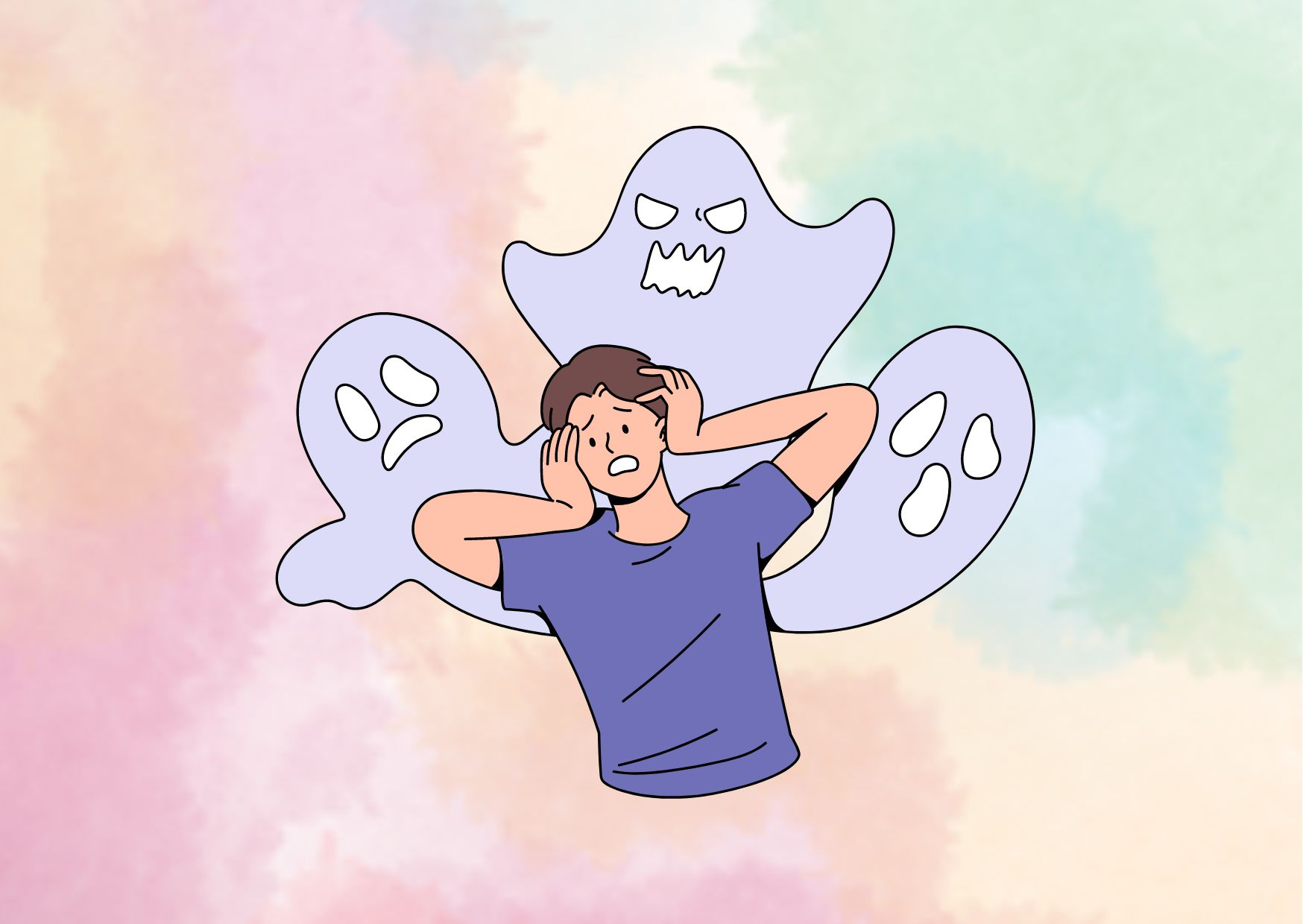Understanding Schizophrenia: Symptoms, Causes, Diagnosis, and Treatment
At Inquire Talk, we recognize the significance of mental health in cultivating healthy relationships. Our team of empathetic therapists offers online counseling, therapy, and psychotherapy services to support individuals in their journey towards healthier and happier connections. Visit our website to learn more about our services and take the first step towards a more fulfilling connection.
Table of Contents
- Introduction
- What is Schizophrenia?
- Understanding Psychosis
- Symptoms of Schizophrenia
3. Types of Schizophrenia
- Paranoid Schizophrenia
- Catatonic Schizophrenia
- Schizoaffective Disorder
4. Causes and Risk Factors
- Genetic Factors
- Environmental Triggers
5. Diagnosing Schizophrenia
- Medical Evaluation
- Psychiatric Assessment
6. Treatment Options
- Medication
- Psychotherapy
- Supportive Services
8. Living with Schizophrenia
- Coping Strategies
- Supporting a Partner with Schizophrenia
9. Online Counseling and Therapy
10. Conclusion
1. Introduction
Schizophrenia is a complex and chronic mental health disorder that affects millions of individuals worldwide. It is characterized by a range of psychological symptoms that can significantly impact a person’s thoughts, emotions, and behaviors. Understanding schizophrenia is essential for individuals living with the condition, as well as their loved ones and caregivers.
In this comprehensive guide, we will delve into the various aspects of schizophrenia, including its symptoms, causes, diagnosis, and treatment options. We will also explore different types of schizophrenia and discuss strategies for living with the disorder and supporting a partner who has schizophrenia.
2. What is Schizophrenia?
Schizophrenia is a severe mental health condition that falls under the category of psychosis. It is characterized by a disconnection from reality, including hallucinations and delusions. Individuals with schizophrenia may struggle to recognize their symptoms and often face challenges in their daily lives.
Understanding Psychosis
Psychosis refers to a state in which a person has difficulty distinguishing their thoughts and ideas from reality. It can manifest through various symptoms, including hallucinations, delusions, disorganized thinking, and a lack of motivation or interest in daily activities.
Symptoms of Schizophrenia
Schizophrenia can present a wide range of symptoms, which may vary in severity from person to person. Common symptoms include:
- Hallucinations: Individuals may experience sensory perceptions that are not based on external stimuli. They may hear voices or see things that others do not.
- Delusions: Schizophrenia can lead to the development of fixed, false beliefs that are not grounded in reality. These delusions can be paranoid, grandiose, or centered around other themes.
- Disorganized Thinking and Speech: People with schizophrenia may struggle to organize their thoughts or express themselves coherently. Their speech may become disorganized or incoherent, making it difficult for others to understand them.
- Loss of Interest: Individuals with schizophrenia may lose interest in activities they once enjoyed. They may withdraw from social interactions and isolate themselves from others.
- Neglect of Personal Hygiene: Schizophrenia can affect a person’s ability to care for themselves, leading to a decline in personal hygiene and self-care.
- Social Withdrawal: People with schizophrenia may feel disconnected from others and prefer to avoid social interactions, including relationships with friends and family members.
- Emotional Disconnect: Schizophrenia can disrupt the experience and expression of emotions, leading individuals to feel disconnected from their own feelings and emotions.
It’s important to note that schizophrenia does not cause a split personality, and it does not necessarily make individuals violent.
Suggestion for read: Understanding Melancholic Depression
3. Types of Schizophrenia
Schizophrenia is not a one-size-fits-all condition. It encompasses various subtypes and related disorders that fall under the spectrum of schizophrenia disorders. Understanding these different types can help healthcare providers tailor treatment plans to meet the specific needs of individuals.
Paranoid Schizophrenia
Paranoid schizophrenia is characterized by prominent delusions and auditory hallucinations. Individuals with this subtype often experience persecutory delusions, believing that others are plotting against them or spying on them. They may also hear voices commenting on their thoughts or actions.
Catatonic Schizophrenia
Catatonic schizophrenia is characterized by disturbances in movement and behavior. Individuals with this subtype may exhibit extreme rigidity or flexibility in their posture, repetitive movements, or a complete lack of response to their surroundings. They may also experience echolalia (repeating others’ words) or echopraxia (mimicking others’ movements).
Schizoaffective Disorder
Schizoaffective disorder combines symptoms of schizophrenia with mood disorder features, such as depression or bipolar disorder. Individuals with schizoaffective disorder experience periods of psychosis alongside periods of significant mood disturbances. Treatment typically involves a combination of antipsychotic medications and mood stabilizers.
